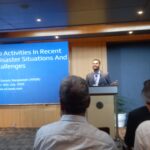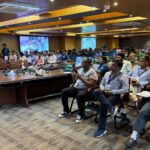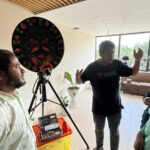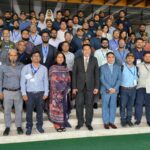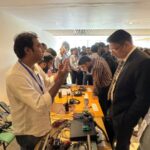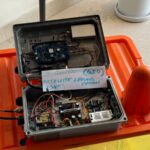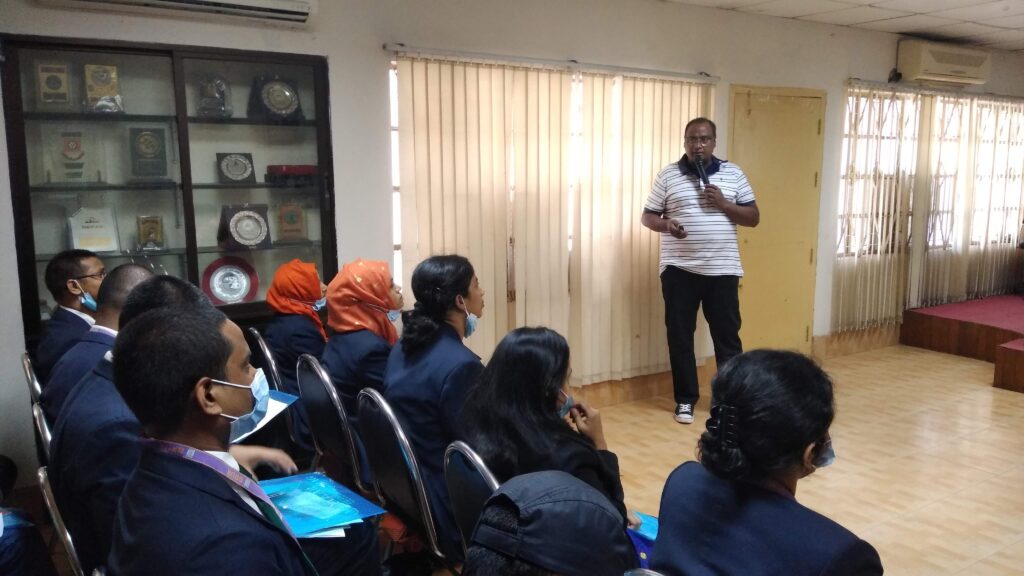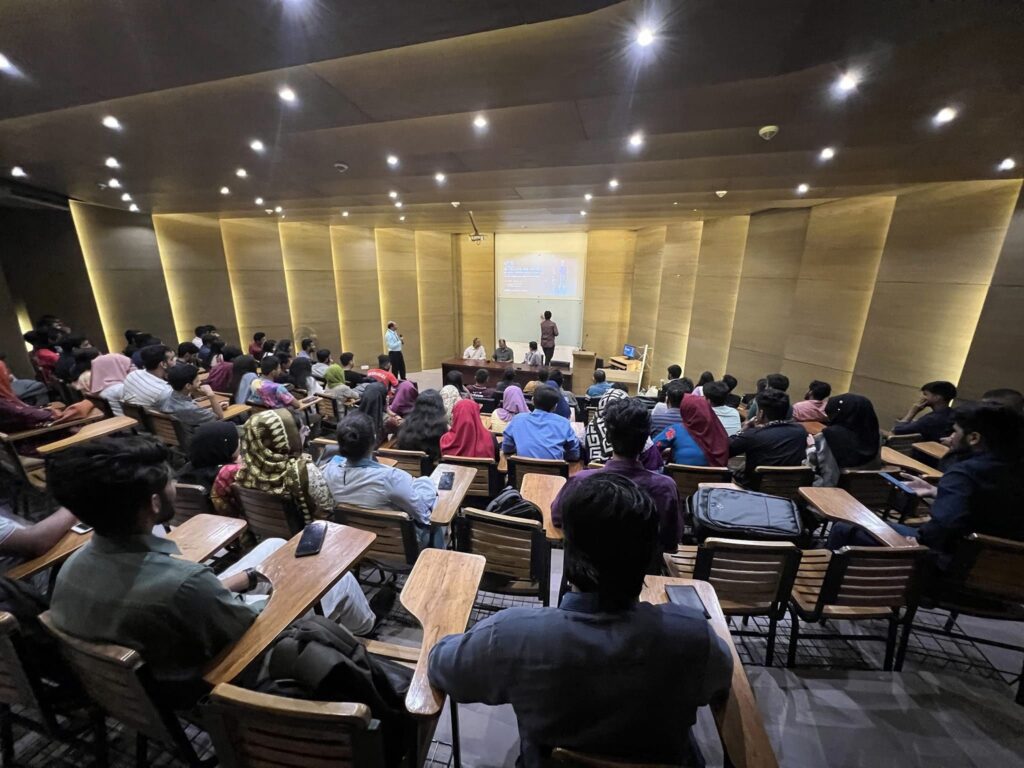Location: BTRC, Agargaon, Dhaka
Date: July 30, 2025
On a significant day for communication enthusiasts, a seminar focusing on the pivotal
Seminar on the Role of Amateur Radio
ham radio during natural disasters was held at the Bangladesh Telecommunication Regulatory Commission’s (BTRC) office. The event shed light on the technical facets of amateur radio, emphasizing its vital role as an alternative communication channel during emergencies such as floods, earthquakes, cyclones, and tidal waves.
Highlights of the Event
More than a hundred amateur radio operators from across the country gathered to discuss and demonstrate the capabilities of ham radio. Participants showcased a variety of radio equipment, including satellite equipment, walkie-talkies, and transmitters. They highlighted how, even during disruptions to mobile networks and internet services caused by earthquakes, cyclones, floods, or power outages, ham radios remain operational on separate frequencies. This capability facilitates the exchange of emergency information, coordination of rescue efforts, and provision of assistance to administrative bodies.
Keynote Addresses
Chief Guest: Brigadier General (Retd.) Iqbal Ahmed, Commissioner of the Engineering and Operations Department at BTRC, applauded the efforts of amateur radio operators, particularly noting their crucial role in network-disconnected areas, like Feni, during recent floods. He encouraged operators to engage in coordinated activities with state institutions, both during disasters and in peaceful times, to enhance organization and efficiency.
Brigadier General Md. Aminul Haque, Director General of the Spectrum Department, traced the evolution of long-distance telecommunications and the rise of amateur radio. He emphasized the importance of team-based activities tailored to specific disasters in Bangladesh, the organization of awareness workshops, and the coordination of activities with relevant stakeholders. Furthermore, he reassured attendees that efforts to simplify the amateur radio licensing process are underway.
Challenges and Cooperation
Representatives from the Amateur Radio Association of Bangladesh (ARAB) and the Amateur Radio Society of Bangladesh (ARSB) addressed various challenges faced by operators. They sought assistance in integrating amateur radio into disaster protocols, resolving customs issues related to importing receivers, simplifying online licensing, and receiving formal recognition as first responders from government agencies. They also called for the provision of club call signs and the establishment of a nationwide repeater network.
Mr. Mahmud Hossain, BTRC Spectrum Division Commissioner, pledged comprehensive support to amateur radio operators. He advised operators to adhere to BTRC policies, avoid illegal walkie-talkies, and ensure that radio equipment purchases are compliant. Mr. Hossain expressed gratitude to all participants for their active engagement in the seminar.
The Evolution of Amateur Radio in Bangladesh
Amateur radio activities in Bangladesh date back to 1979, gaining institutional recognition after the 1991 cyclone. To date, 813 individuals have received call signs through the Amateur Radio License Examination conducted by BTRC. The process of issuing licenses and call signs to 365 candidates who passed the 2025 examination is ongoing.
Initially, amateur radio activities were hobby-driven and conducted on a personal level. However, its utility expanded significantly after the First World War. The International Amateur Radio Union (IARU) was established in 1925 to support amateur radio operators, and International Amateur Radio Day is celebrated annually on April 18.
The seminar was not just a showcase but also a learning opportunity. Attendees exchanged tips and tricks, discussed technical challenges, and brainstormed improvements. For many, the highlight was the camaraderie and the chance to draw inspiration from fellow enthusiasts.
The seminar interval dedicated to homebrew devices underscored the ingenuity and passion of amateur radio operators. It was a testament to their commitment to innovation and self-reliance in the field of radio communication. Events like these not only celebrate the art of radio but also foster a community of lifelong learners and creators.

